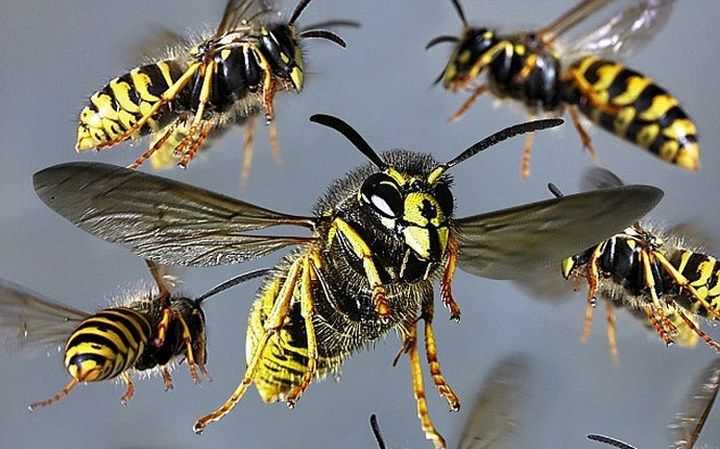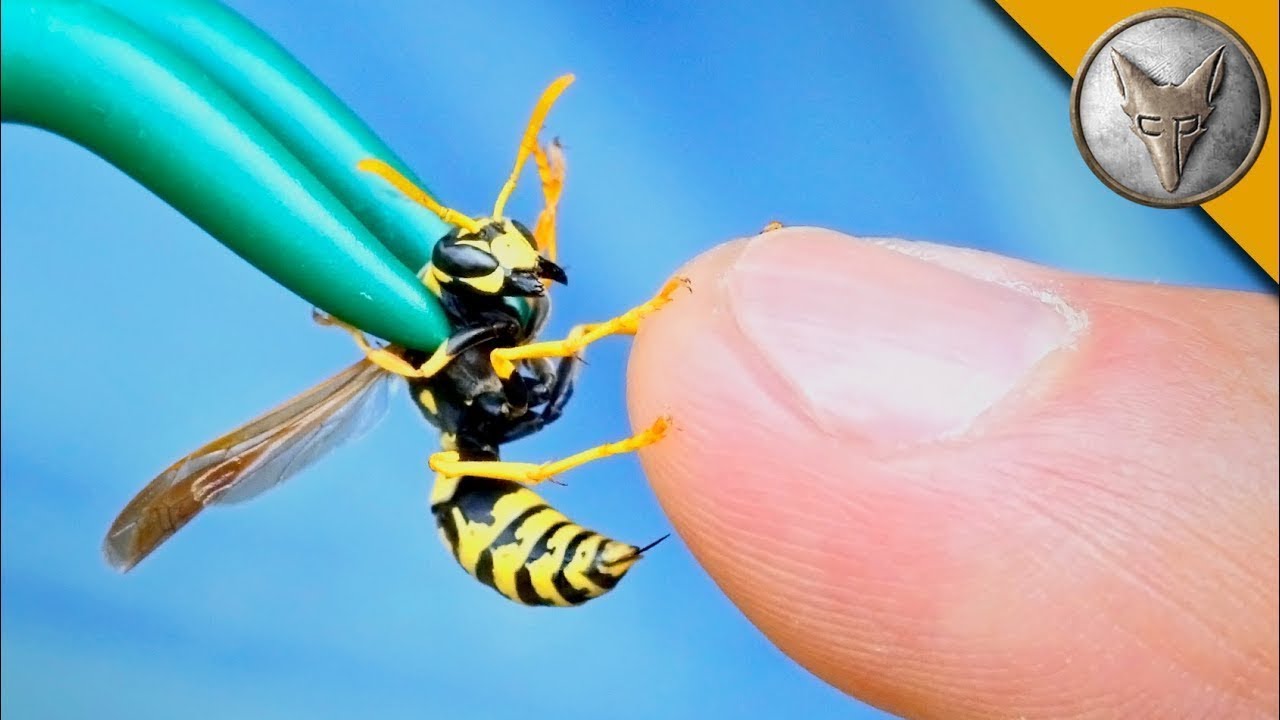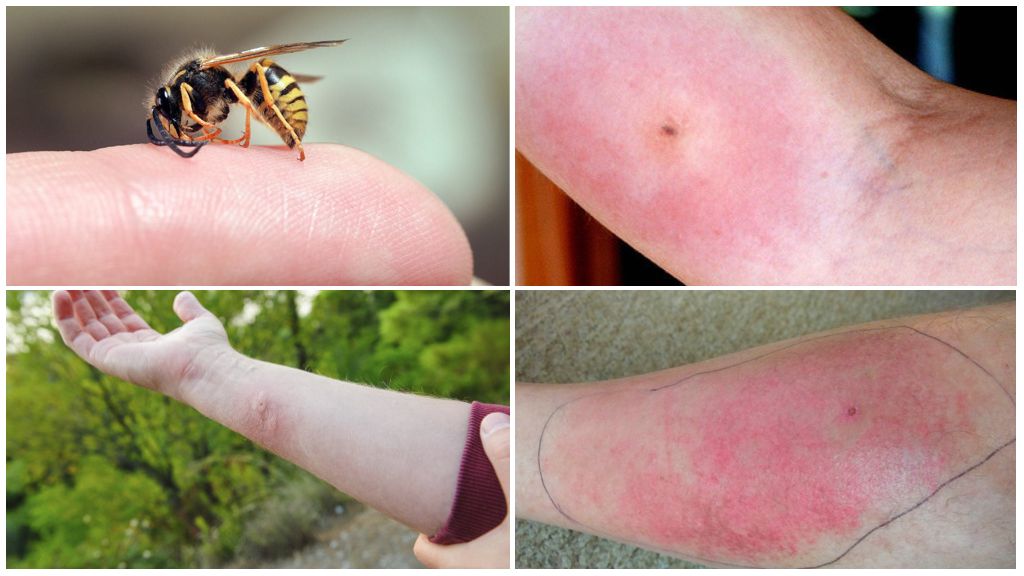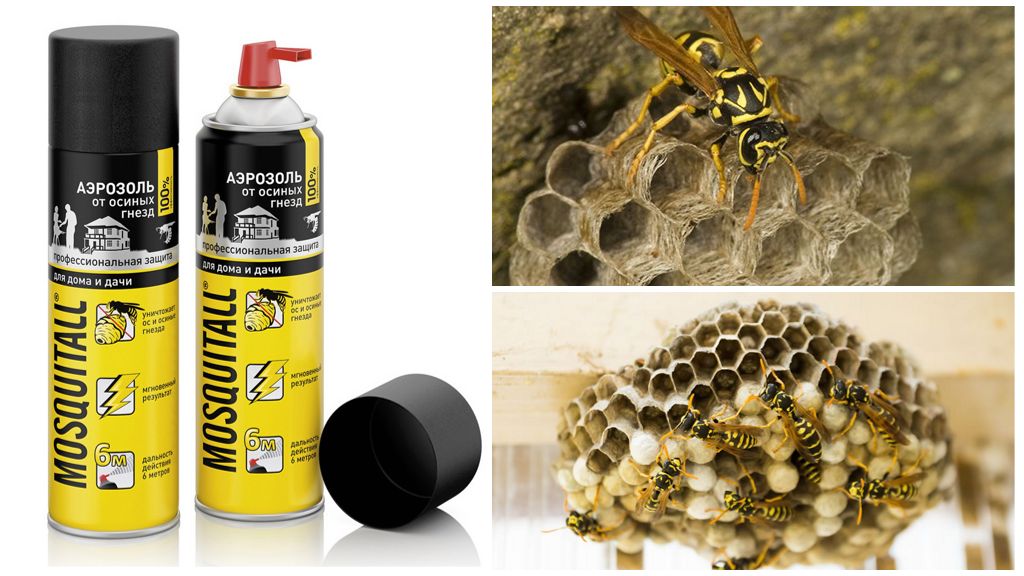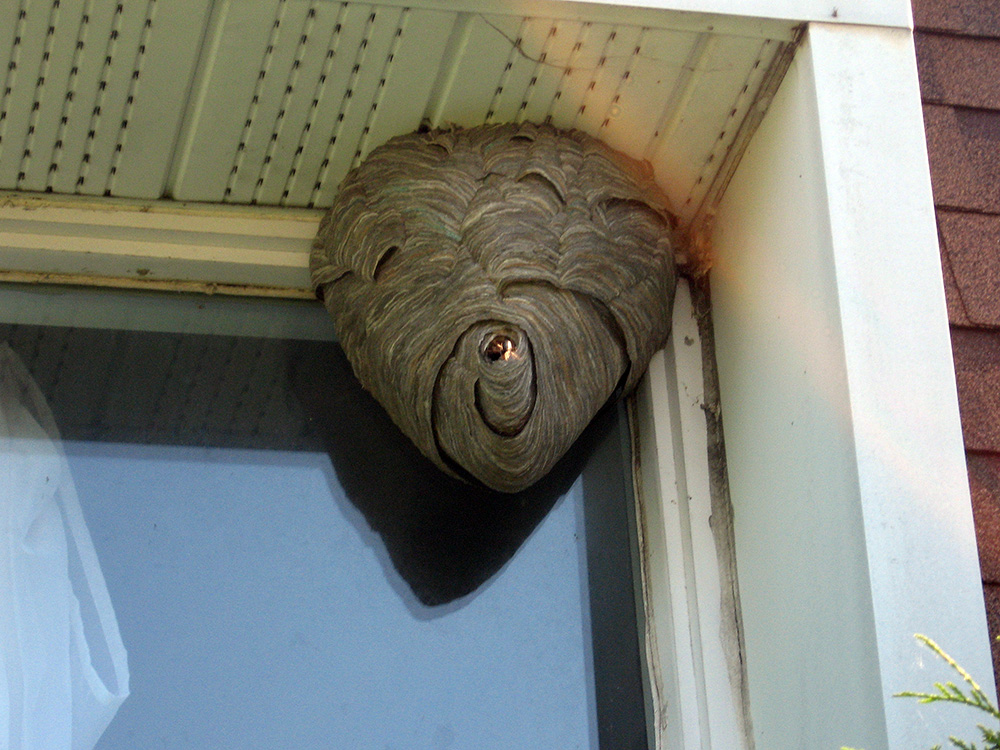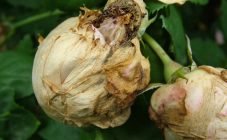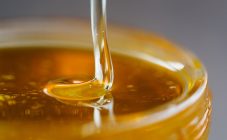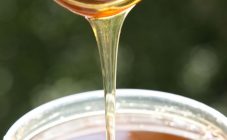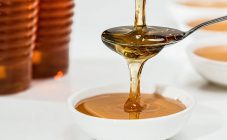Content:
Wasp is one of the most dangerous insects for humans. In order not to suffer from her bite, you must follow basic safety rules. There are especially many wasps in hot summer, so you should be especially careful at this time. The main thing is not to provoke the buzzing aggressor.
Why are there many wasps this year in summer
Those who often relax in nature sometimes wonder why there are so many wasps this year. When asked why there are a lot of wasps this summer, experts answer unequivocally: these insects become active in hot dry weather without rain. Entomologists who know everything about wasps say that insects do not like cloudy weather and high humidity. During this time, they are usually lethargic and sleepy. Sunlight, on the other hand, stimulates these insects to reproduce and behave actively.
Why wasps stick to people
In order to protect yourself from insects, you need to know not only why there are so many wasps this summer, but also about when they can bite. The question why wasps stick to people can be answered like this: they are attracted by various smells. They are also often activated at the sight of bright clothes or accessories. For example, an insect may mistake a bright bow or hairpin for a beautiful flower.
Also, a person can be attacked by dangerous insects, because:
- Wasps do not like pungent odors (onions, garlic, alcohol) and perceive such a smell as a potential threat;
- Insects react vividly to the smell of sweat and a wet body, so they often attack bathers on the beach and those who travel in stuffy public transport;
- They flock to sweet, sugary aromas of perfumes, deodorants, air fresheners;
- Often they attack a person if he showed aggression first (for example, he destroyed a hornet's nest).
Buzzing aggressors love to find a secluded spot in a car or bus. When there is no one in the transport, insects are quiet, so they are sometimes difficult to notice. As soon as people enter the car (bus) and the transport starts to move, the alarmed wasps begin to buzz. The sound of the engine and movement makes them panic, at this moment they are most dangerous. Before getting into a car in summer or early autumn, it is imperative to inspect the interior for wasps and other insects. Most often they hide in the most secluded corners.
After swimming in a pond or river, you should immediately wipe dry, otherwise the unlucky bather may be attacked by a whole swarm.
These insects have better eyesight than hearing. Wasps do not respond to screams, noise or loud music, but they respond very quickly to human gestures and movements. It is especially dangerous to make sudden movements near the nest.In every family of wasps there are insects that act as guards. If the “guard” sees a potential threat to his home (for example, in the face of a child who actively waves his arms and runs), he gives a signal to his relatives, and the wasps will attack their prey together. The consequences of such an attack can be dire.
If bitten by a wasp
Most often, these insects bite those who make sudden movements. Therefore, when you see a wasp, in no case should you run away from it. When an insect appears, you should behave calmly. If you actively gesticulate and wave your hands, the wasp will definitely bite.
Unlike a bee, a wasp sting is very smooth, it never stays in the soft tissues of the skin after a bite, so there is no need to pull it out on purpose. However, there are situations when the victim, in an attempt to brush off the wasp, crushed it, and the crushed insect remained on the skin next to the bite. In this case, you should examine the nearby skin - perhaps a sting is stuck there. Visually, it resembles a thin, smooth hair. Pull out the sting using a pre-disinfected needle. If it has gone deep, it is better to consult a specialist, since inept actions can drive the sting even deeper.
Further, the sequence of actions is as follows:
- Moisten gauze in cold water and gently wipe the bitten area;
- Leave cold on the skin to reduce soreness and prevent swelling. When the gauze warms up, the compress should be replaced, this procedure can be repeated several times;
- To relieve pain and itching, it is worth smearing the affected area with Fenistil Gel. Experts say this ointment is one of the most effective remedies for insect bites;
- To prevent an allergic reaction, it is recommended to ingest a new generation of antihistamine, for example, "Zodak" or "Claritin".
A pronounced swelling usually remains at the site of the bite. If over time the swelling does not go away, on the contrary, it intensifies, you need to see a doctor as soon as possible. In such cases, doctors prescribe a single injection of a hormonal drug (most often Prednisolone). You should not be afraid of the side effects of hormones - the injection quickly removes puffiness and prevents the dangerous consequences of a bite.
Sometimes, after a bite, symptoms such as:
- Weakness;
- Increased or decreased body temperature;
- Pressure surges;
- Lethargy, lethargy, or, conversely, increased excitability.
These symptoms cannot be ignored. They indicate that intoxication with wasp poison has occurred. Timely contact with a doctor will help prevent poisoning. If it is not possible to urgently consult a doctor, in the first time after the bite you need to drink as much clean water as possible (namely water, not tea, juice or other drinks). Water will help remove poison and cleanse the body.
Note. The most dangerous insect bites are for children under three years old. Due to the undeveloped immune system, children at this age are often prone to allergies. Therefore, even if the child is feeling well and not complaining about anything, he should be given an antihistamine once or twice in a dosage appropriate for his age.
Wasp activity in August
In central Russia, a lot of wasps usually occur in late July - early August. The question why there are so many wasps this year in late August - early September can be answered as follows: this is due to abnormally warm weather, unusual for this time of year. August is traditionally considered the time of the greatest solar activity.It is not surprising that at this time the number of sun-loving wasps increases markedly. Gradually, with the onset of cold nights and the shortening of daylight hours, their activity begins to decline.
So that the wasps do not fly up, what to smear with
Wasp is an insect that loves sweets very much. Having cut a watermelon or melon in nature on a hot sunny day, you should be prepared for the fact that a lot of wasps will soon flock to it. Also, someone who drinks a sweet drink or eats ice cream on a summer day runs the risk of being bitten. Therefore, in order not to be bitten by wasps, it is advisable to eat sweet dishes on the veranda or under a canopy that reliably protects against insects.
Before taking a sip from a bottle or can with a sweet drink, you need to carefully look into the container - it is quite possible that an uninvited "guest" is already sitting there. In this case, you should not take risks and drive the wasp away. You need to carefully remove the container away (for example, in bushes or in a trash can). The winged sweet tooth will fill up and fly away without touching anyone.
Many believe that mosquito repellent ointments will work against wasps as well. However, this is just a common misconception. Experts say that against wasps it is best to use sprays, which are sold in abundance in stores, rather than ointments. Before applying the spray to the face and body, close your eyes tightly so that the active substance does not get into your eyes.
It is known that buzzing aggressors, like bees (as well as hornets, mosquitoes, midges), cannot tolerate smoke. Therefore, the best way for smokers to scare away intruders is to light a cigarette. Also, wasps will not fly to sugary drinks and fruits if you make a fire during a forest picnic.
Recently, ultrasonic devices that scare away wasps have appeared on the market. They are really effective. However, it is not recommended to use them while walking the dog - certain frequency waves emitted by the device can cause great discomfort to pets. Also, a significant disadvantage of such repellents is their high cost, compared with repellents in the form of aerosols.
Wasps do not tolerate the smell of pine needles, therefore, going into nature, you can apply pine, spruce or fir essential oils to your skin (they are sold in any pharmacy). Since the essential oil is a very concentrated substance, it is sufficient to put a drop or two on the neck or temples. After that, not a single wasp will fly up to a person, even if their nest is nearby.
To prevent winged aggressors from entering the house, it is imperative to use mosquito nets on the windows in the summer. When walking with a small child, especially in the forest or in the park, the stroller should be covered with a special net. At first glance, these security measures are simple and obvious, but for some reason it is about them that people most often forget.
Male and female wasp
Polls show that not all residents of Russia clearly know what wasps are. Of course, an ordinary person does not need to know how many eyes a wasp has and other details, since very few people manage to see this insect up close in reality. The structure of the internal organs of a wasp is studied only by professional entomologists. But both an adult and a child should roughly imagine what a wasp looks like, so as not to confuse this insect with a bee or hornet. The structure of the wasp is similar to the structure of these insects, but there are important differences. Below are the main distinctive features of the structure of the wasp:
- Number of eyes - 5;
- Wasp jaws - the wasp's upper jaw is more developed than the lower one. The sizes of the jaws are about the same, the upper one can protrude slightly forward;
- Number of legs - since the anatomy of a wasp is similar to the anatomy of other insects, a wasp, like beetles or bees, has three pairs of symmetrically located legs;
- A cutaway wasp: the function of the heart is performed by a special tube, the intestinal tract consists of the small and large intestines, the nerves are special nodes.
The male wasp is somewhat larger than the female, although this is not always easy to visually identify. However, the female wasp is much more aggressive and often attacks a person if provoked to this. Also, the female is distinguished by higher intelligence and a more complex brain structure.
These insects often nest on balconies, especially if the balcony faces the south (sunny) side. Below is a description of the wasp nest:
- Shape - regular spherical or slightly elongated;
- Color - light gray;
- Size - may vary depending on the number of nest inhabitants;
- The material is thin, rustling, reminiscent of tissue paper.
If it was not possible to avoid the bite, you should carefully consider your well-being. For any signs of an incipient allergic reaction, an urgent need to consult a doctor. Having found a hornet's nest on the balcony or on the playground, you should not try to remove it yourself. In this case, it is strongly recommended to contact the Ministry of Emergencies.
